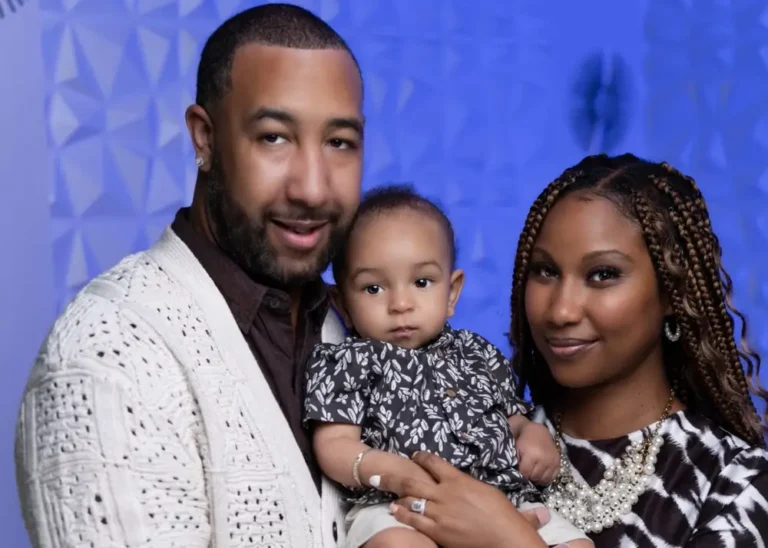I tried to be a good parent by catering to my autistic son’s whims. It backfired.

My son would make excuses for why he couldn’t do simple tasks or chores. I put up with it for too long.
I grew up on gold stars and participation trophies as an unwitting member of the self-esteem generation. When I entered motherhood in 2011, I took it even further.
I prioritized my son’s momentary happiness above all else. That meant catering to his every whim like cutting up his meat for him, tying his shoes, and co-sleeping until he was nearly 8.
My son is on the autism spectrum, which likely intensified how much I did for him. The problem was that I didn’t understand how to honor my boundaries while I went about doing everything for my son.
I would have been anxious about his discomfort regardless of whether he was on the spectrum. However, because my son is autistic, I sought extra help from many psychologists but discovered that finding the line between his autism and bad habits was ultimately up to me.
The specialists couldn’t draw the line for me. They’d often shrug and tell me it was hard to know. In the end, it was easier to focus on keeping him happy. That approach ultimately backfired, though.
By the time my son was entering grade school, it felt like he had me wrapped around his little finger. He’d make excuses for not completing tasks I knew he could do, like opening water bottles himself because it hurt his hands or washing the dishes because the dirty sink gave him the ick. So, I’d open the bottle for him and remove dishwashing from his agenda.
Meanwhile, I felt haggard and resentful. I finally decided things needed to change. I recognized that my parenting style was not doing my son any favors. If he didn’t learn how to cope now, he wouldn’t be able to do it as an adult without me.
I’ve learned to flex my boundary-setting muscles.
I turned things around for me and my son
When he was 8, I started the slow, but essential, process of making him sleep alone in his room.
We started with extra goodnight hugs and keeping his bedroom lights on, then progressed to a quick cuddle and a single night-light.
After months of trial and error, he was finally putting himself to bed and not creeping into my room in the middle of the night to wake me for comfort.
As I started to set more boundaries, I also learned to love the sound of my own voice saying “No.” It’s a slow process, though.
My son is now 12 and he still asks me to do the simplest things for him, like refill his water bottle or bring him pants first thing in the morning while he stays in bed. My answer is no.
We’re now working on repairing my son’s sense of self
As a preteen, my son has little self-agency. We’re working to repair his sense of self, his confidence in his own decision-making, and his ability to persevere.
Although my son is on the spectrum, I don’t see him through the lens of autism. He’s a whole person who is whip-smart and capable. He deserves to see that in himself.
I’ve learned that baby steps are key to breaking harmful patterns. I teach him to break down each task into digestible chunks that don’t feel daunting or overwhelming. In the past, I’d take it off his agenda completely, but not anymore.
I’ve found this strategy is essential for me, too. It helps me pace myself while keeping a mostly harmonious household.
We celebrate the little wins, like learning to make the school bus on time each morning, with some well-placed praise, a hot chocolate, or sushi dinner.
I frame our work as a cooperative venture to prepare him for adulthood, and he understands — though often begrudgingly — that we’re on the same team.
We used to operate under the false idea that permission equals love. I’ve rewritten our script to emphasize that boundaries and expectations equal love.
I now respect my son and myself. I know he’s capable, and my behavior reflects this back to him so he can believe it, too.
Editor’s note, December 20, 2024: This story has been updated to include details about the author’s son’s autism.






